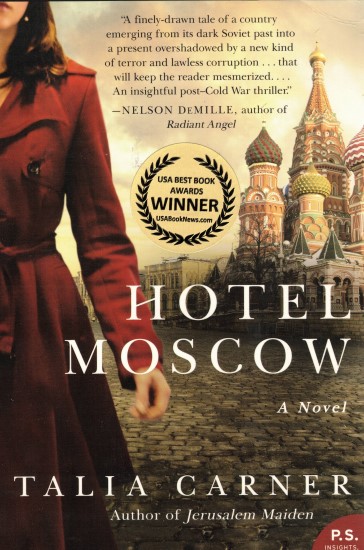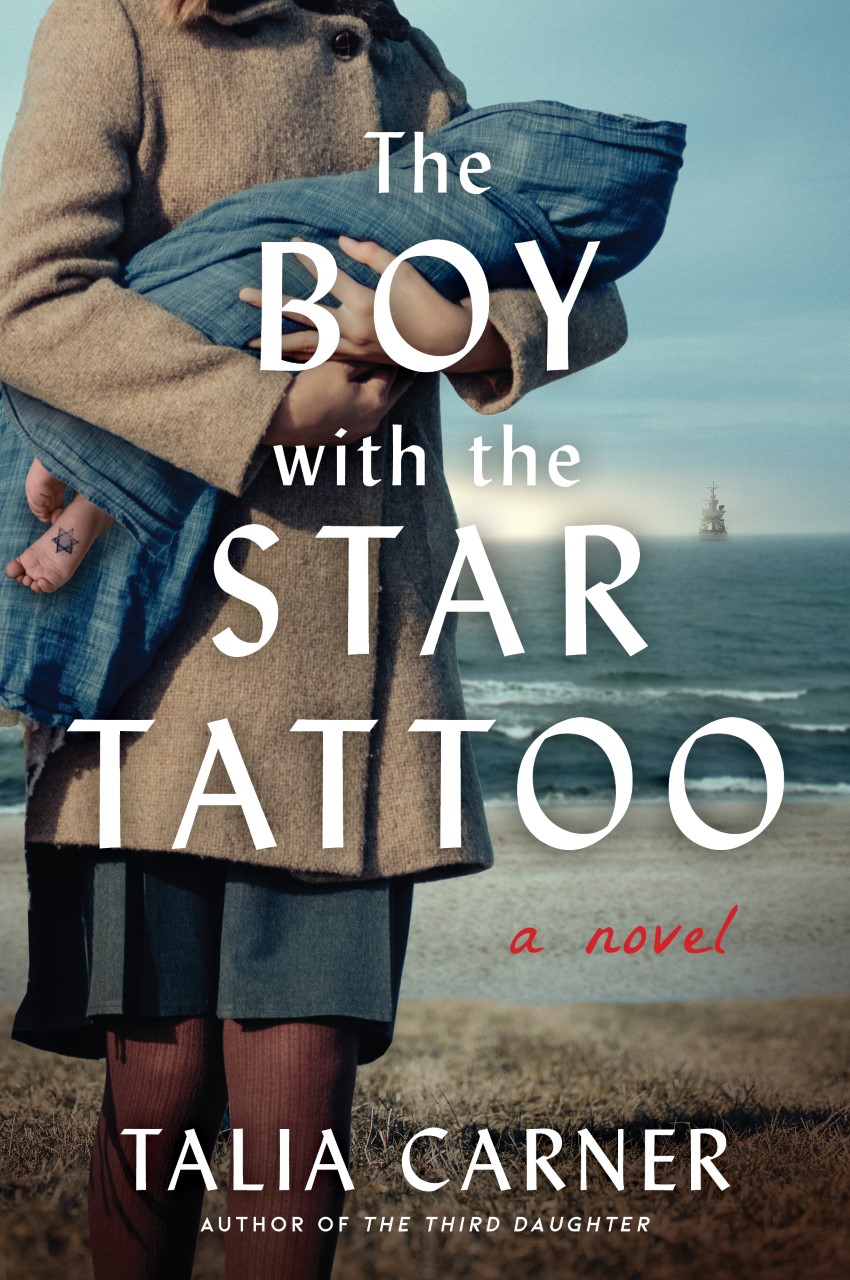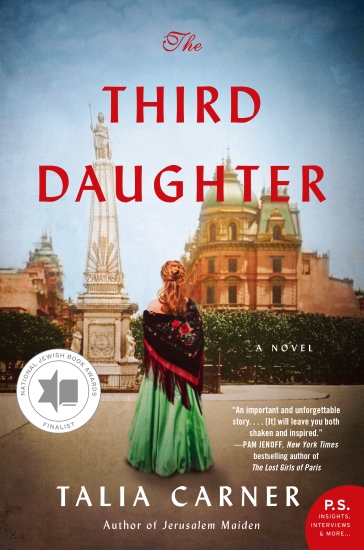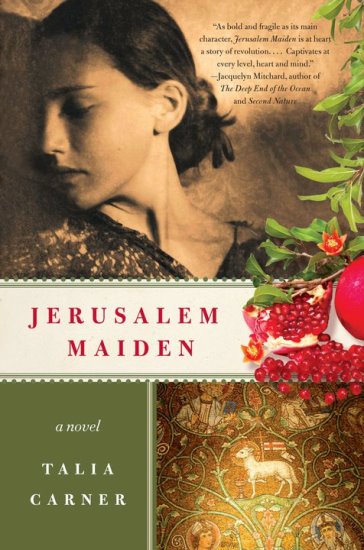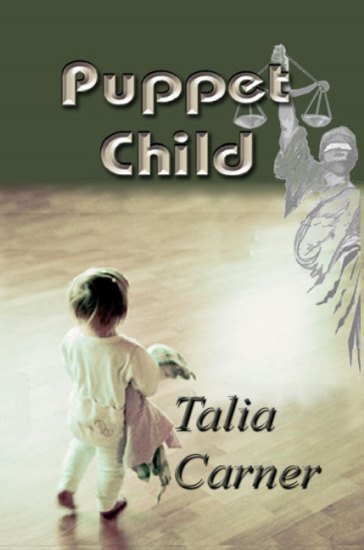- When Brooke first decides to go to Moscow, her goal is to gain expertise about the new market in order to save her job. Discuss the change in her goals once she arrives at the Gorbachevskaya Street Factory.
- Friendship can transcend cultures. Can it really? Discuss Brooke’s growing fondness toward the Russian women she meets in light of her realization of their anti-Semitic past (Olga) or present (Svetlana.)
- With the fall of communism Russian women lost both their legal rights and the safety nets of social services. Discuss what constitutional rights they had had which does not exist in the USA, and conversely, what rights do we have had that Russian women sorely needed?
- Corruption in Russia in 1993 seems to pervades every sphere of life. Discuss what you’ve learned from the novel, what feeds this corruption, and what, you believe, are the ways to rein it. Is it different –and how—from what we know of corruption in our own political, economic or social systems?
- How has the legacy of the Holocaust affected Brooke? Did escaping her sad home give her the freedom she sought?
- In the novel, when Brooke visits Svetlana’s and Vera’s apartments, she gets a glimpse of the living conditions of many Russians during communism. What, if any, did you find surprising? In what other ways did you see the Russian government’s indifference to its people?
- Judd becomes Brooke’s love interest, but it takes her time to trust him. Discuss your take on the development of their relationship. What holds it back, what is unique to them, and where do you foresee it heading?
- Brooke carries with her two secrets that threaten to destroy her career. Yet she is thrilled when one of those secrets is exposed. Does it have the potential to destroy her the way the other might? Are these two transgressions viewed differently in our current mores? What about your own social environment?
- Upon learning that Brooke works long hours, Svetlana commiserates with her because “they make you work so hard.” Discuss the career choices and work lifestyle in the societies represented by the two superpowers.
- In spite of her high education, Olga is ignorant of basic business principals. The concept of “capitalism” is both revered and loathed. Discuss how government-controlled market economy is different from open market economy—production, distribution, or marketing. Do you believe that a government should stay completely out of the game or should it impose regulations and controls?
- When president Yeltsin is frustrated in his attempts to reform the old system and to pass new democratic laws, he fires the entire Duma, the Russian parliament whose members had been elected through a democratic process. (Or had they used their former power to be elected?) He eventually engages the army to force the deputies to leave the building and to subdue the parliament’s sympathizers. What were his options before, during and after the crisis?
- From what you know about Russia today, how have things changed—or haven’t—in all aspects of life and government?
- Brooke is looking forward to meeting her powerful host, Sidorov, until he finally shows up. Discuss his character. What was his motivation in inviting the group? How did Brooke’s last-minute decision to fly to Moscow might have changed the focus of his interest?
- Jenny is a colorful character who had taken control of her life to pull out of feeling mediocre. How is she perceived by her fellow American travelers vs. the Russian women? What is her real motivation when she speaks with Sidorov?
- The Russian male characters vary. Please discuss Aleksandr, Sidorov, Viktor and Belgorov. What typifies each and what motivates each.
- Judd tells Brooke about his father’s story. How has Judd—a third generation to the Holocaust—been affected by his family’s history?
- Brooke does not want her Judaism to be defined by the Holocaust or by anti-Semitism. Yet, has she found an answer at the end of this six-day journey? Have the past twenty years of running away from her legacy helped her find a new path? What makes Brooke Jewish?
- Judaism in our open, mostly secular Jewish society is seeking new definitions, new grooves. If you or someone you know well is Jewish, discuss what being Jewish means for you or that person. If you are a non-practicing Christian, what defines your faith?
- When Svetlana expresses anti-Semitic opinions, Brooke’s instinct to correct her is inevitably eclipsed by more urgent issues. At the end, in spite of Svetlana’s ingrained prejudice, Brooke does everything to save her. Discuss what this means in terms of Brooke’s Jewish values.
- Russian women seem to have strong opinions about “femininity.” What does the notion of femininity mean to them, and how much is it the same or different in your social milieu?
- Olga gives Brooke a matryoshka doll. Discuss the symbolism of these nesting dolls both in the context of the novel and your own life.
